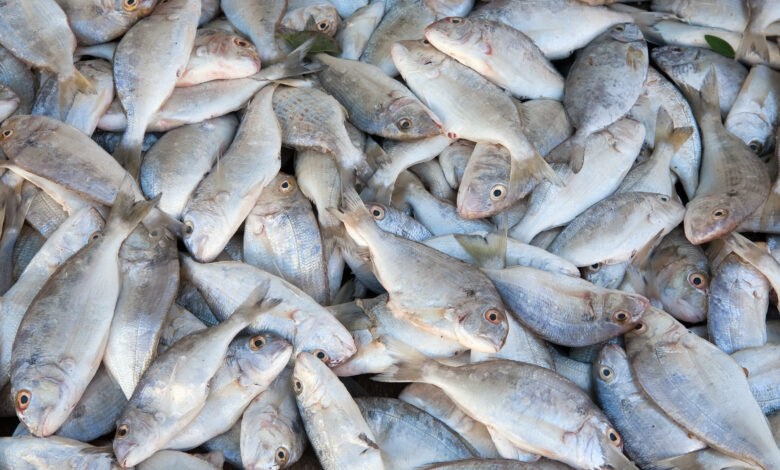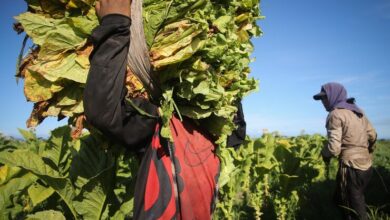
Representatives from African Union (AU) member states have begun arriving in Harare, Zimbabwe, for a three-day stakeholders’ consultative and validation workshop aimed at advancing sustainable fisheries management and aquaculture development across the continent.
The workshop, which runs from today through Friday, forms part of the Fisheries Governance Project Phase 2 (FISHGOV 2)—a key AU initiative designed to accelerate policy reforms and strengthen institutional frameworks in the fisheries and aquaculture sectors.
Speaking ahead of the workshop, Mr Milton Makumbe, Director of the Fisheries and Aquaculture Resources Department, emphasized the importance of aligning national fisheries policies with global instruments and regional strategies. He noted that the workshop comes at a crucial time for Zimbabwe, which is in the process of developing the Fisheries and Aquaculture Bill. To ensure the Bill is responsive to the sector’s needs, the government has conducted extensive consultations with stakeholders including fish farmers, processors, traders, and officials.
Mr Makumbe highlighted that the consultations have revealed several challenges that need urgent attention, such as weak institutional coordination, inadequate infrastructure, and the growing need for climate adaptation strategies. He stressed the goal of ensuring that national frameworks are consistent with international and regional standards.
A key objective of the Harare workshop is to evaluate how well national strategies align with the Policy Framework and Reform Strategy for Fisheries and Aquaculture in Africa, and to promote the integration of fisheries into National Agricultural Investment Plans (NAIPs). Participants are also expected to explore how countries are addressing the impacts of climate change while identifying investment opportunities to strengthen food security and improve rural livelihoods.
According to a draft concept note prepared for the meeting, Africa’s fisheries resources support more than 10 million people, most of whom live in rural communities. These resources play a vital role in enhancing nutrition, securing livelihoods, and boosting national economies. However, the same document points to serious threats facing the sector, including fragmented institutions and inadequate management systems.
Over the next three days, participants will engage in presentations, working sessions, and discussions. They will identify priority areas for reform, create working groups, and review national reports to help refine strategies related to fisheries policies, environmental management, and climate resilience.
Organizers anticipate that the workshop will result in a unified set of recommendations to guide policy harmonization and future reforms in AU member states. The event marks a significant step forward in transforming Africa’s fisheries and aquaculture sectors into drivers of sustainable development.




